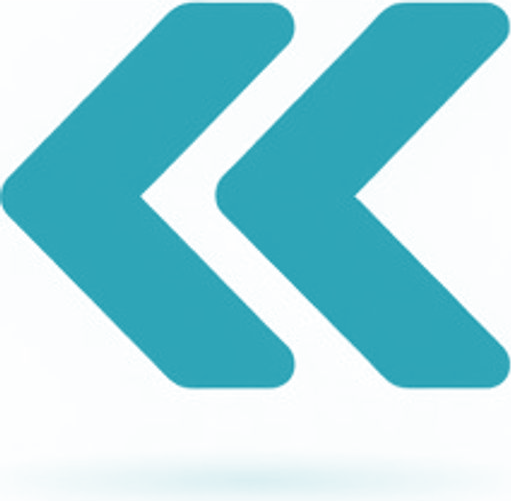
Top 10 Blockchain Platforms for 2024: A Comprehensive Comparison Guide
Blockchain platforms act as digital ledgers that store and distribute transaction records across a network of computers. Each transaction creates a new block that's added to the chain, making the data tamper-proof and highly secure.
When choosing a blockchain platform, consider these key factors:
Speed and Scalability
- Transaction speed varies significantly between platforms
- Bitcoin: 5 TPS
- Ethereum: 25 TPS
- Solana: Up to 29,000 TPS
- Choose based on your transaction volume needs
Security Features
- Cryptographic methods
- Record verification process
- Update frequency
- User verification systems
Network Type Private Blockchain:
- Invitation-only access
- Controlled user permissions
- Faster transaction processing
- Ability to modify records
- Suitable for enterprise use
Public Blockchain:
- Open participation
- Complete transparency
- Anonymous users
- Immutable records
- Higher security through decentralization
Top 10 Blockchain Platforms in 2024:
- Ethereum
- Industry standard for smart contracts
- Large developer community
- Recently upgraded to Proof of Stake (PoS)
- Hyperledger Fabric
- Enterprise-grade permissioned platform
- Modular architecture
- Extensive plug-and-play components
- Ripple
- Specialized for financial transactions
- Low transaction costs
- Used by major financial institutions
- Stellar
- Decentralized financial platform
- Fast transaction confirmation (3-5 seconds)
- Processes 1000 transactions simultaneously
- Corda
- Real-time transaction processing
- No cryptocurrency requirement
- Supports multiple party collaboration
- Solana
- High-speed performance
- Low transaction fees
- Environmental sustainability through PoS
- IBM Blockchain
- Enterprise-focused solution
- Built on Hyperledger Fabric
- Strong security and governance
- Tezos
- Self-amending ledger
- On-chain governance
- Strong focus on security
- EOSIO
- Scalable dApp platform
- Minimal transaction fees
- Democratic governance model
- ConsenSys Quorum
- Enterprise privacy features
- Ethereum compatibility
- Strong security focus
For Developers:
- Evaluate development tools and community support
- Consider documentation quality
- Assess platform scalability
For Investors:
- Look for strong development activity
- Assess community engagement
- Consider long-term viability and use cases
The blockchain market is expected to reach $67.4 billion by 2026, with Blockchain as a Service (BaaS) platforms becoming increasingly popular for business adoption.
